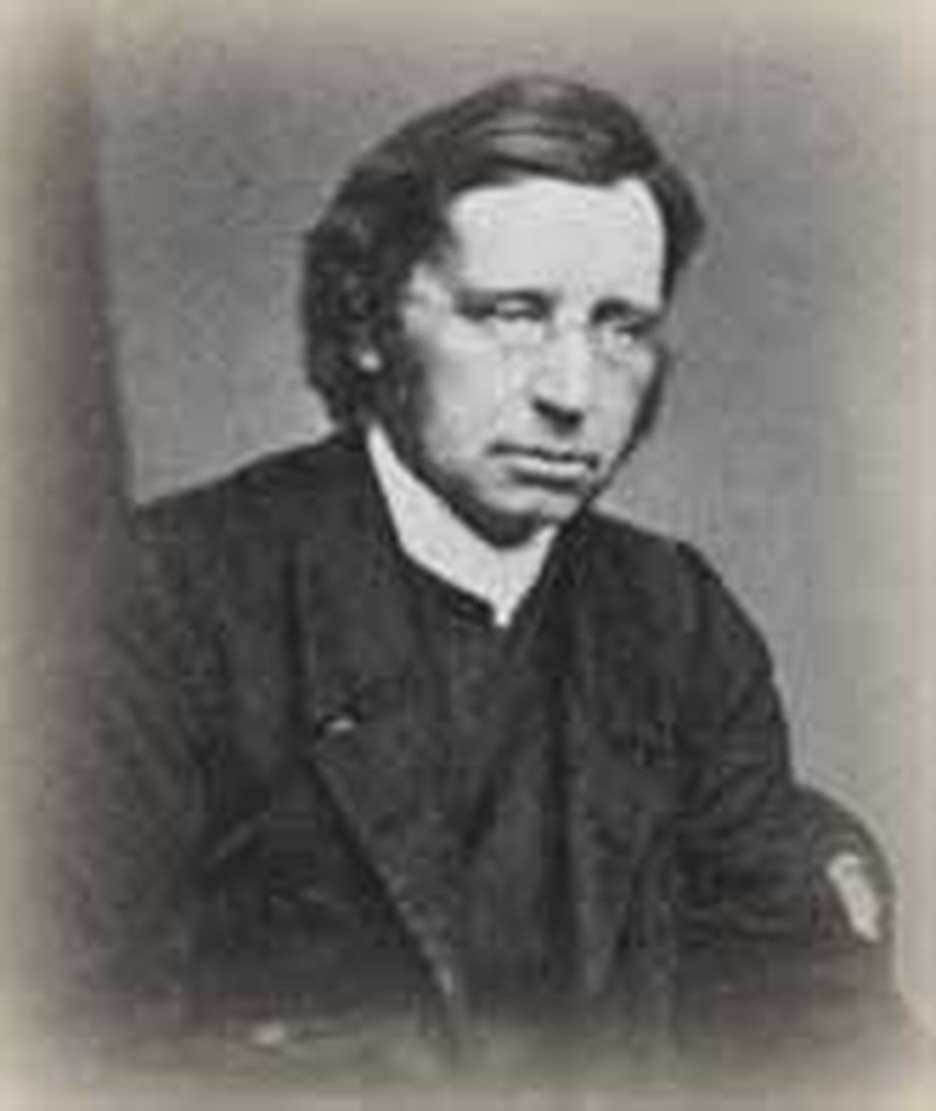
"He is trying to sneak Roman Catholic traditions back into the English Church!"
This charge came up again and again against the English priest, John Mason Neale. Ordained in the Church of England during the middle of the nineteenth century, he was so sickly he could not supervise a parish. Instead, he was assigned to be warden of a poorhouse named Sackville College. In the course of his duties, John had many opportunities to see the misery of the poor in rural villages, some of whom died unattended.
John set out to do something about it. He founded the Sisterhood of St. Margaret to care for the sick. To other church of England men, this looked like a return to nuns; they were furious. Recently, John Henry Newman had called for reforms and then had switched over to the Roman Church. Was John Neale on the same "treacherous" path?
This wasn't the first time John Neale had ruffled feathers. He had denounced churches that allowed the wealthy to box off sections of the church to separate themselves from commoners. Some of these elite folk even placed comfortable sofas in their boxes! The practice flatly contradicted the teaching of the Apostle James, who forbade Christians to give special seats to the rich (James 2:1-4). John's appeals for the restoration of churches and for improved church architecture miffed other clergymen.
But when John founded the Sisterhood of St. Margaret, his very life came into danger. He was mauled at the funeral of one of the sisters. Crowds threatened to stone him or to burn his house. An evangelical pastor incited a riot against him at Lewes. The man's daughter had become one of the nurses and had caught scarlet fever and died, leaving the sisters a large sum in her will.
Another of John's actions that was viewed with suspicion was his translation of old Roman and Greek hymns into English. John explained why he was doing it: "Among the greatest inconveniences that followed from the adoption of national languages in the prayer books of the Reformation, must be counted the abrupt end to using all the hymns of the Western Church. That treasury, into which the saints of every age and country had poured their contributions... became as a sealed book and as a dead letter." [this quote has been given in modern English]
To remedy the problem, he turned such old hymns as "All glory, Laud and Honor" and "O Come, O Come, Emmanuel" into English. He also wrote the Christmas carol "Good King Wenceslas."
When ill health laid John low and he knew he was dying, did he call to mind the solemn words of one of his own sermons? "...Resurrection" he had said, "is promised, and can be promised, only to the dead. If we are not dead with Christ, how can we live with Him? But one or the other we must be. Dead to sin, or dead in sin; dead to Christ, or dead with Christ." He died on the Feast of the Transfiguration, August 6, 1866. Although evil was spoken against him in his own day, he is honored by the Church of England on this day, August 7 every year.
Bibliography:
- "John Mason Neale." Dictionary of National Biography. Edited by Leslie Stephen and Sidney Lee. London: Oxford University Press, 1921 - 1996.
- "John Mason Neale." Kunitz, Stanley L. British authors of the nineteenth century. New York: H. W. Wilson company, 1936.
- "John Mason Neale 1818-1866." Project Canterbury. https://justus.anglican.org/resources/pc/neale/ This page has many links to Neale.
- "Neale, John Mason." The Oxford Dictionary of the Christian Church. Edited by F. L. Cross and E. A. Livingstone. Oxford, 1997.
- Routley, Erik. Hymns and the Faith. Greenwich, Connecticut: Seabury Press, 1956.
- Wells, Amos R. A Treasure of Hymns; Brief biographies of 120 leading hymn- writers and Their best hymns. Boston: W. A. Wilde company, 1945.
- Various encyclopedia and internet articles.
Last updated June, 2007.
.jpg)

.jpg)
